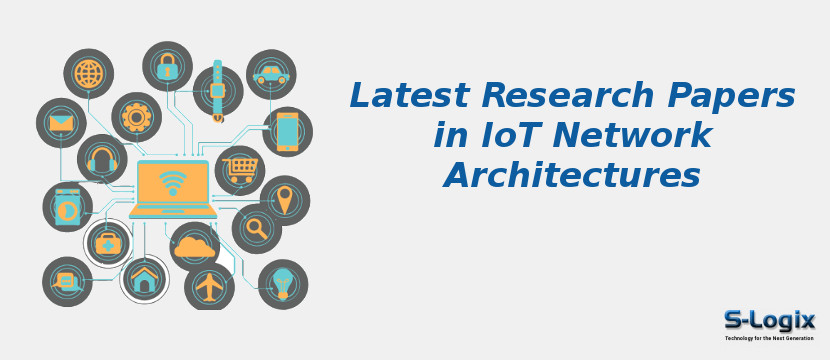Research papers in IoT network architectures examine the structural design, layered models, and deployment strategies that enable seamless interaction among billions of interconnected devices, applications, and services. They focus on diverse architectures such as centralized cloud-based IoT, decentralized edge and fog computing frameworks, software-defined networking (SDN)-enabled IoT, and hybrid hierarchical models that balance computation, storage, and communication. These studies highlight how architectural choices impact scalability, latency, energy efficiency, reliability, and security across heterogeneous networks. Advanced works explore digital twins, service-oriented architectures, information-centric networking (ICN), and network function virtualization (NFV) as enablers for flexible and adaptive IoT deployments. Special attention is given to integrating artificial intelligence and machine learning into IoT architectures for predictive analytics, intelligent resource management, and self-healing capabilities. Research also addresses the design of resilient and secure architectures incorporating blockchain, zero-trust models, and federated learning to protect against emerging cyber threats. Application-driven architectures are widely studied in domains such as smart healthcare, industrial IoT, transportation, agriculture, and smart cities, where the requirements for real-time communication, fault tolerance, and interoperability are stringent. Collectively, this literature demonstrates how innovative IoT network architectures are evolving to support the massive scale, diversity, and complexity of next-generation IoT ecosystems.
